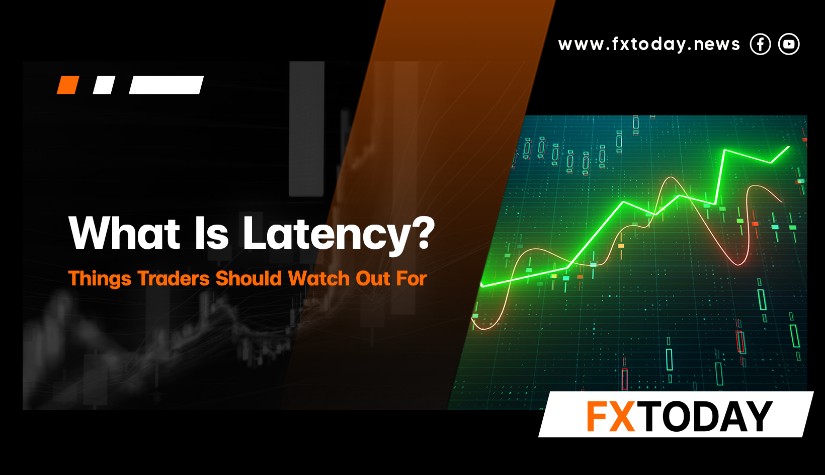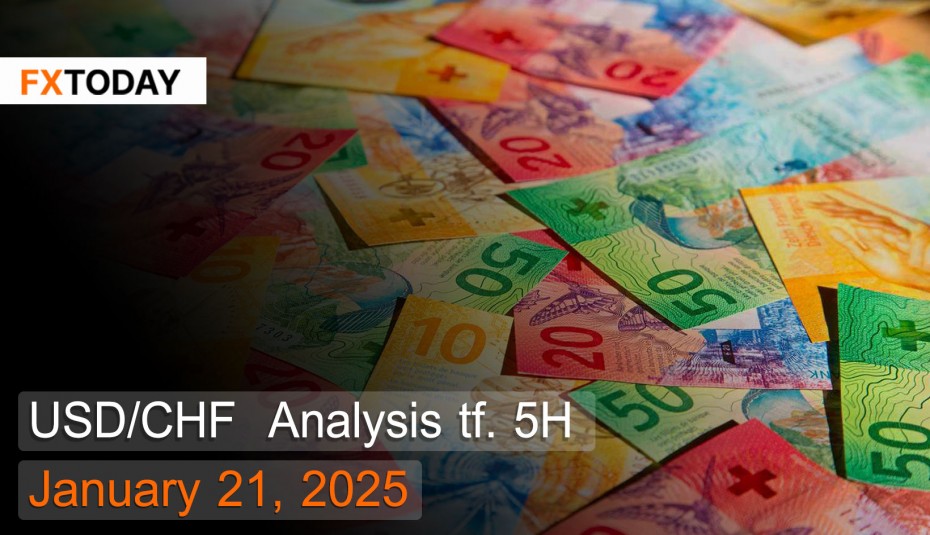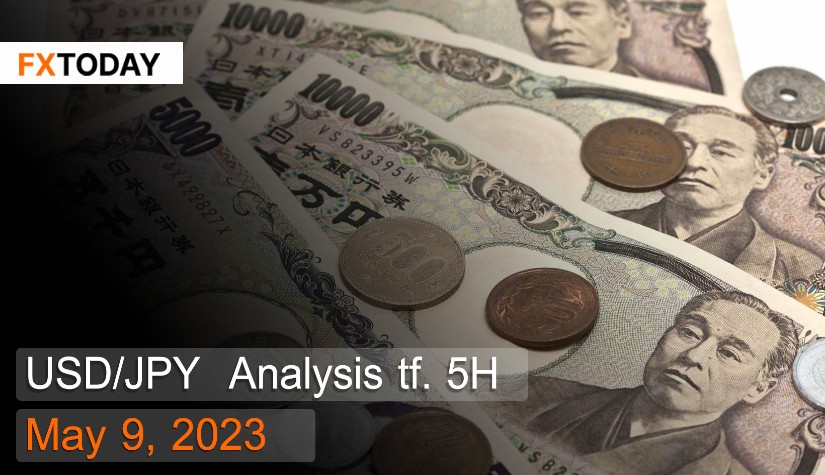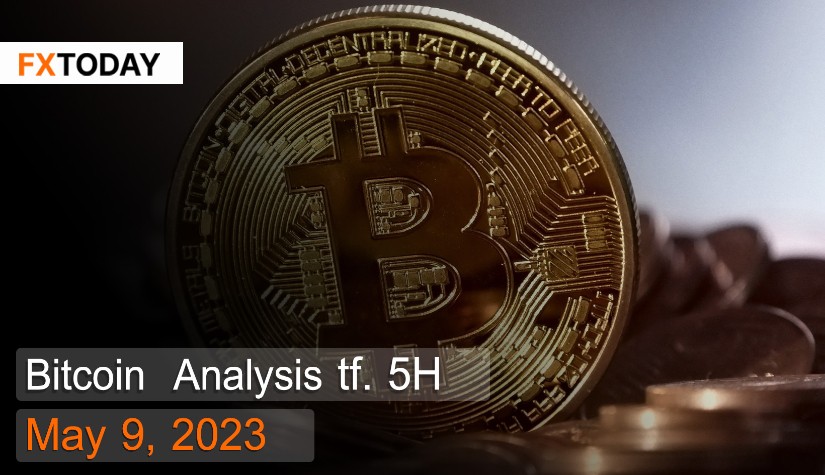As an experienced trader, you may have encountered order execution delays, a situation that could greatly diminish your capacity to earn profits. Within the context of Forex trading, such delay is referred to as 'latency.' This article aims to enlighten you about latency, the problems it may cause, and the potential measures that traders can implement to solve the issues.
Defining Latency
Latency, in the realm of Forex trading, is the term that illustrates the delays in the execution or closing of trading orders. When a broker is described as having 'high latency,' it suggests that their system for executing orders is extraordinarily rapid. Conversely, a broker associated with 'low latency' represents a fast process of executing orders, which aids in minimizing the delays of trading orders as preferred by traders.
How Latency Affects Trading
Fundamentally, the Forex market is always changing, with prices capable of rising or falling without warning. This volatility can lead to a distinction between traders' orders and market movements, causing an order execution delay and decelerating decision-making sequences. Therefore, latency can become a crucial factor, leading to substantial losses compared to profits.
Approaches to Counteract Latency Problems
There are three principal methods that can be employed:
1. Ensure a Reliable Internet Connection
An unstable internet connection is indispensable for Forex trading, as trading operations are conducted online. An unreliable connection can initiate delays in the dispatch of trading orders.
2. Leverage Forex VPS
Forex VPS (Virtual Private Server) sets up a virtual computer system that can accelerate the trading system, thus diminishing the chances of delayed order execution. Forex VPS employs expert advisors (EAs) that promote precise trading.
3. Refresh Hardware and Software
Outdated hardware or software might not effectively support contemporary trading applications, potentially giving rise to latency issues. Traders must contemplate regular updates to their hardware and software to confirm that they can accommodate the demands of their trading activities.
Conclusion
Latency is often referred to as trading delay in the field of Forex trading. It doesn't exclusively arise from order execution, but also includes the refreshing of data on the trading platform and the distribution of financial news. Given the fast-paced nature of the Forex markets, even the smallest delay could considerably heighten the likelihood of losses. As such, it's important for traders to meticulously evaluate their trading conditions before proceeding with any trades to reduce any complications associated with latency.
______________________________
Maximize your knowledge: Blog
Keep up to date on global events: News
Updated
1 year ago
(Jun 29, 2023 16:53)















